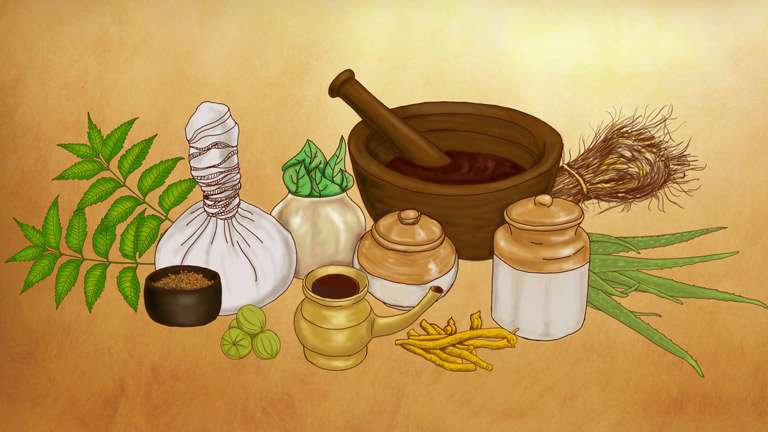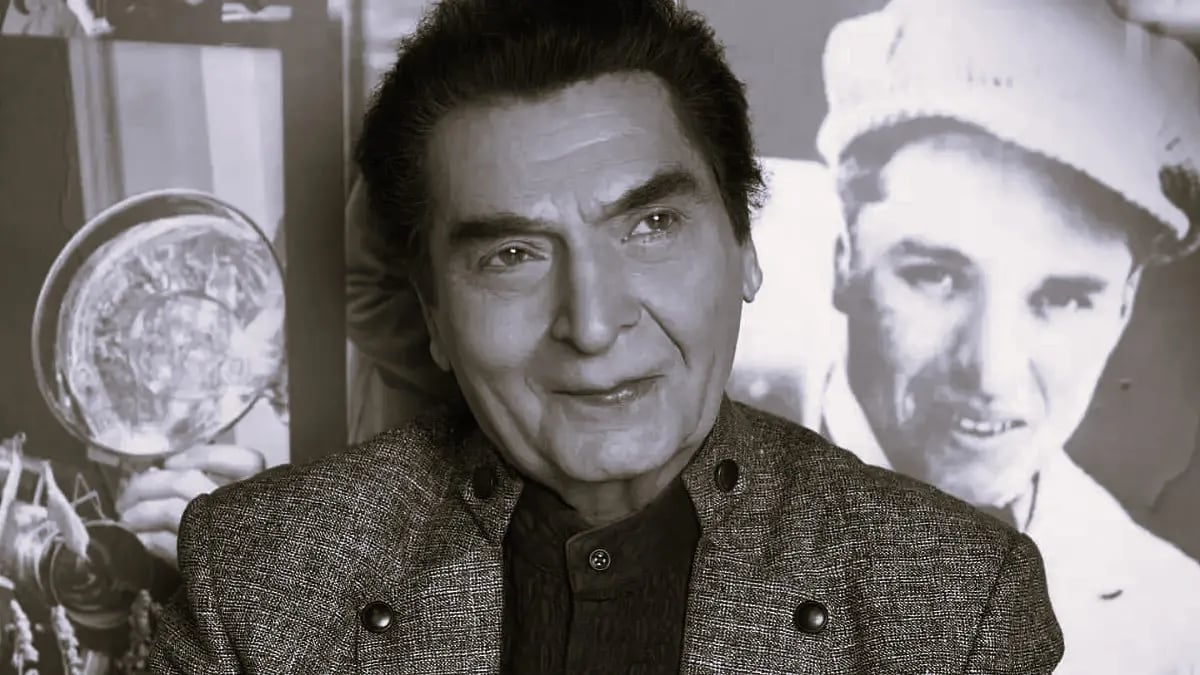The Indian Council of Medical Research (ICMR) has issued new dietary guidelines in collaboration with the National Institute of Nutrition (NIN), aiming to promote healthier eating habits across India. These guidelines emphasize a diverse diet and an active lifestyle while cautioning against excessive consumption of tea and coffee, which are deeply ingrained in Indian culture.
ICMR experts highlighted the presence of caffeine in tea and coffee, which stimulates the central nervous system and can lead to physiological dependence. They recommended a daily caffeine intake of no more than 300mg. Notably, a 150ml cup of brewed coffee contains 80 - 120 mg of caffeine, while instant coffee has 50 - 65mg, and tea contains 30 - 65mg.
The guidelines advise against consuming tea or coffee an hour before or after meals due to their tannin content. Tannins can hinder iron absorption, potentially causing iron deficiency and related health issues. Excessive coffee consumption is also linked to high blood pressure and cardiac irregularities.
However, the guidelines highlight the benefits of consuming tea without milk, including improved blood circulation and reduced risks of conditions like coronary artery disease and stomach cancer.
In addition to moderating tea and coffee intake, the guidelines recommend a diet rich in fruits, vegetables, whole grains, lean meats, and seafood, while limiting oil, sugar, and salt consumption. These dietary suggestions align with promoting overall health and well-being among the Indian population.








 OpinionExpress.In
OpinionExpress.In















Comments (0)